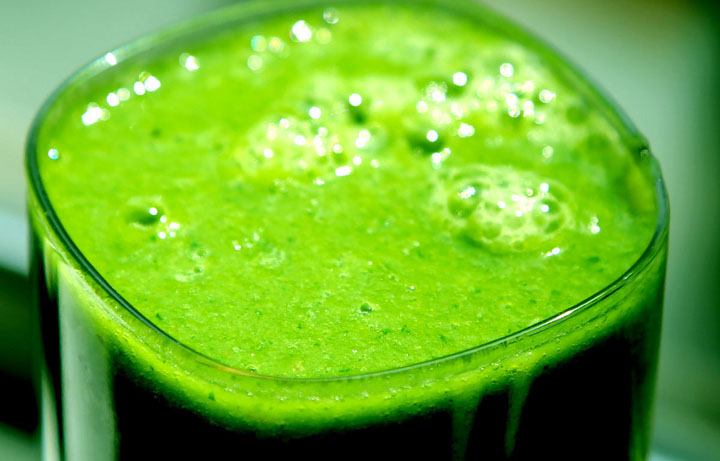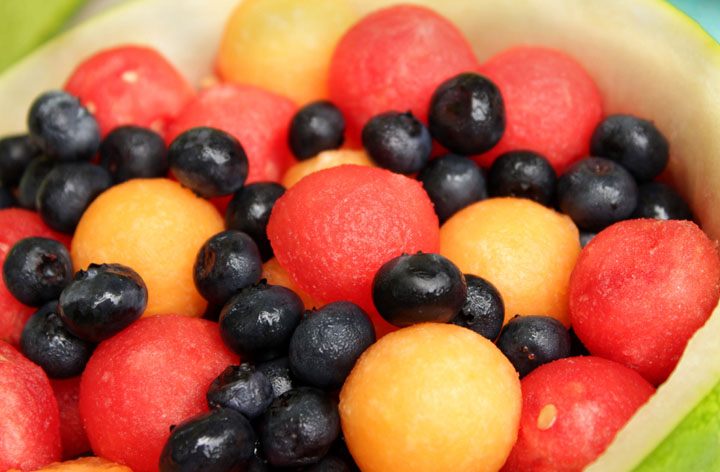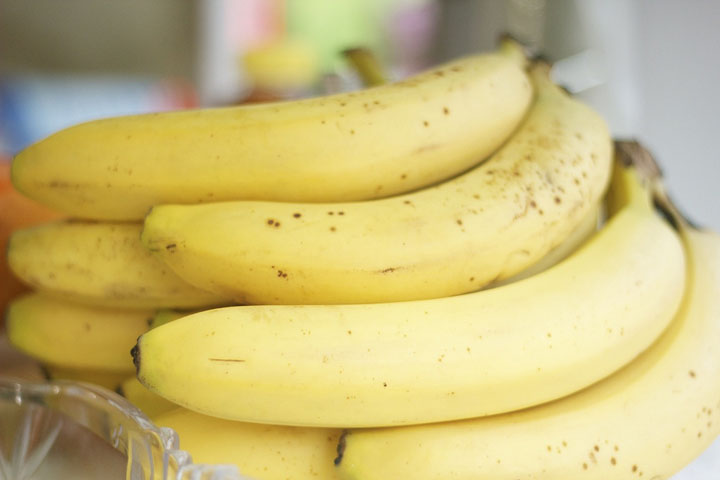
“What should I eat for my pre-workout meal?”
This question gets asked a lot, and it’s for good reason. What you eat for your pre-workout meal (and every other meal of the day) will have an impact on your performance and body composition in time.
So, of course, you should be concerned about what you’re having pre-workout, but you should also know that your goals of accruing strength, muscle mass, and losing fat do not hinge one single meal choice.
That’s the good news. Very good news because some people don’t particularly enjoy eating a ton before training, especially so if they’re training in the morning.
Today we’re going to cover the following:
- The importance of meal timing and digestion
- How food affects you (individual variance and preferences)
- Pre-workout meal examples (and what I tend to eat)
Pre-Workout Meal Timing (does it matter?)
Depending on what you have read or heard, you might buy into the idea of consuming a meal somewhere between 30 and 90 minutes before training for the best results (mostly meaning maximizing muscle protein synthesis, building and preserving lean mass, and building strength).
While there’s nothing wrong with these guidelines, they can be useful but they’re not written in stone, and that’s primarily due to rates of digestion.
A mixed meal (one containing protein, carbohydrate and fat), depending on the meal size could take anywhere from a few up to six hours to digest fully. The only time this varies significantly is when you consider liquid meals, which can digest more quickly if they’re small enough.
So if you drink some juice and have a protein shake, the rate of digestion might be a bit faster if you consume very small amounts (only a few hundred calories), but nothing to be alarmed about as long as you’re getting ample nutrition throughout the day.
An example where a pre-workout meal is most advantageous is for those who train early in the morning after at least 8 hours of sleep and no eating. Even a small meal of protein and carbs (200 calories or less) can serve as a means of elevating protein synthesis, and preventing and catabolism that may result from the period of no food leading up to training(1).
And since digestion can take all the way up to 6 hours for normal-sized mixed meals, your breakfast could very well serve as both a pre- and post-workout meal due to how long it’d take for you to digest the entire meal.
This is the case of where a diet with a consistent meal pattern 3-5 meals spread out during the day makes a lot of sense for those wanting to maintain and build muscle as there will be overlap in the digestion rates of each meal.
The longest you’ll be going without food, assuming you’re eating breakfast, and dinner a few hours before bed is the amount of time you spend sleeping.
So any meal you have could potentially serve as your pre-workout meal. Some people will tend to train mid-morning or mid-afternoon. And if that’s the case, then their breakfast or lunch will serve as their pre-workout meal.
Their next meal and/or post-workout meal would serve as the next opportunity for protein synthesis to begin again.

Some Rough Pre-workout Meal Guidelines
The takeaway from here is a pre-workout meal should probably be well-rounded (just like any other meal), meaning that it should contain protein, carbs and fat. I’m partial to a 2:1 ratio of carbs:protein, but that’s just my preference. 2:1 simply means 2 grams of carbs to 1 gram of protein. So if you had 60 grams of carbs, then you’d have 30 grams of protein to go with it.
My only reasoning for this is my diet tends to be higher in carbs than protein. However, if you’re eating a diet that is closer to a 1:1 or 1.5:1 ratio of carbs to protein, then you might want to reduce carbs in this meal.
Another idea is that your pre-workout meal doesn’t have to be a shake, or smoothie, or something small. If you wanted to have a substantial meal, such as a full breakfast, or lunch (typically 500-800 calories depending on your preferences and other variables such as height, weight, goals, etc), this is fine too.
From working with coaching clients, I’ve found that most tend to prefer to train 2-3 hours after having a substantial meal which gives them some time to get the digestion process started. Hardly anyone I know likes to go straight into the gym with their belly full.
How Food Affects You
Everyone has their quirks.
Some people feel better on certain foods more so than others.
Have a dairy allergy? You probably shouldn’t drink that glass of milk for your pre-workout meal.
Have an aversion to canned oysters? Probably not the best pre-workout meal idea, huh?
The point here is this: just because someone advocates 40 grams of oats cooked in 2% milk and 100 grams of cooked chicken, it doesn’t mean you have to eat the same thing.
There’s always another way to get an ample amount of carbohydrates and protein in a meal leading up to your training.
The best advice I can give is to focus on consuming foods that make you feel the best. Some people feel that certain foods are heavy on the stomach. Foods like potatoes, meat, pasta, vegetables, etc.
So if you notice a certain food makes you feel a way you don’t like, and fear it might have a negative effect on your session, then opt for something that makes you feel good.
What works for someone else might not work for you, and that’s all good.

Pre-Workout Meal Examples
Personally, I have very few aversions to most food. I can eat almost anything without ill effect, but I know what I prefer before and after training, and what I prefer to eat at other times during the day.
I’m not a routine breakfast eater, but I like to train midday. So, I tend to drink a few lattes upon waking, and then within an hour or so, I’ll have a fruit/dairy smoothie. Here’s what it looks like:
Pre-Workout Meal Smoothie
- 200-250g cottage cheese
- 200 milliliters of orange juice
- 200 milliliters of grape juice
- A handful of berries or a half a banana
If I happen to train later in the day, I’ve already had a proper lunch, which is typically a serving of meat, some rice or corn tortillas, and typically some type of dairy in the form of yogurt, or a glass of milk.
When I used to train early in the morning due to harsh schedule demands, I would have a whey protein shake made with water, and a banana before heading to the gym within 30 minutes.
This was enough food to break the fast and get protein synthesis started, but not affect my training negatively or make me feel sluggish.
Take Home Points For Pre-Workout Meals
Here’s a quick bullet list of what’s important here (TL;DR).
- Pre-workout meals should be like any other meal, containing protein, carbs, and fat.
- If you’re training in the morning, try to consume something small enough so as not to interrupt your training.
- Pay attention to your body: what makes someone else feel good might not do the same for you.
- There are no strict rules for setting up your pre-workout meal — experiment and do what works for you.
- As long as you’re eating enough food throughout the day, the pre-workout meal will not make or break your results from training.
References:
- Tipton KD, Rasmussen BB, Miller SL, Wolf SE, Owens-Stovall SK, Petrini BE, Wolfe RR: Timing of amino acid-carbohydrate ingestion alters anabolic response of muscle to resistance exercise. Am J Physiol Endocrinol Metab. 2001, 281 (2): E197-206. (pubmed)

how bout if one is following an IF eating plan and train in the morning? would consuming bcaa’s be enough for pre and intra workout and then doing the protein shake thing afterwards. then consuming the necessary calories the rest of the day?
people do this all the time, so sure. it’s fine. I am just not a fan of this for muscle gain.
Muscle gain, sure. Get your macros timing becomes unimportant.